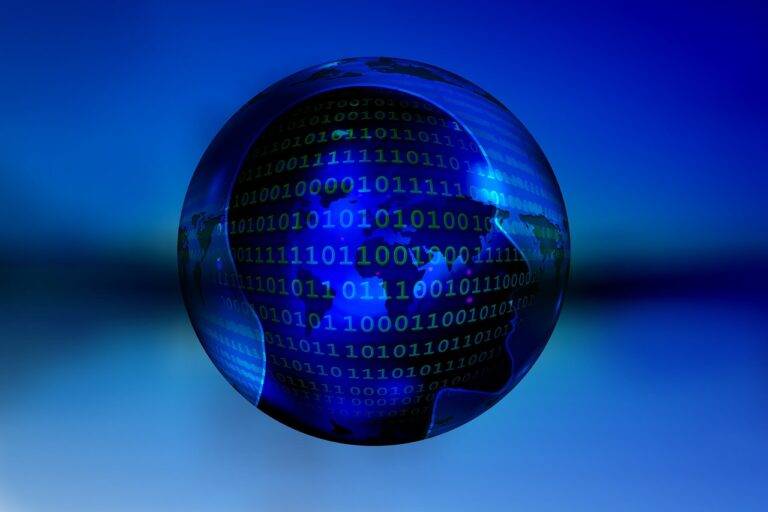The Rise of Smart Grids: IoT and Energy Management
Smart grids have significantly evolved over the years, adapting to the changing needs of the modern world. Initially, these systems were comprised of simple networks that enabled the one-way flow of electricity from power plants to consumers. However, with advancements in technology and the increasing need for sustainable energy solutions, smart grids have transformed into sophisticated networks that facilitate bidirectional energy flow, allowing for the integration of renewable energy sources.
The evolution of smart grids has been driven by the desire to improve energy efficiency, enhance reliability, and reduce environmental impact. New functionalities such as automated meter reading, real-time monitoring, and demand response capabilities have been integrated into these systems to optimize energy distribution and consumption. As a result, smart grids have not only revolutionized the way electricity is delivered and managed but have also paved the way for a more sustainable and resilient energy future.
The Role of IoT in Energy Management
The integration of IoT in energy management systems has revolutionized the way utilities and consumers interact with power distribution networks. With IoT devices, real-time data can be collected from various points in the grid, allowing for better monitoring and control of energy consumption patterns. This leads to more efficient resource allocation and reduced wastage, ultimately resulting in cost savings for both providers and end-users.
Moreover, IoT enables predictive maintenance of infrastructure and equipment, helping to prevent costly breakdowns and downtime. By employing sensors and software analytics, energy companies can proactively address potential issues, optimize performance, and ensure the reliability of the grid. This proactive approach not only enhances the overall operational efficiency of the energy system but also contributes to a more sustainable and resilient energy infrastructure for the future.
What are smart grids and how are they evolving?
Smart grids are modern electricity systems that use digital technology to monitor and control the flow of electricity. They are evolving to incorporate more IoT devices for better energy management and efficiency.
How does IoT play a role in energy management?
IoT devices can collect real-time data on energy usage, monitor equipment performance, and automate energy-saving processes. This allows for more precise control and optimization of energy resources.
What benefits can be achieved by implementing IoT in energy management?
Implementing IoT in energy management can lead to reduced energy costs, improved efficiency, better reliability of energy supply, and increased sustainability through smarter decision-making based on real-time data.
Are there any challenges in integrating IoT into energy management systems?
Some challenges include data security and privacy concerns, interoperability issues between different IoT devices and systems, and the need for upfront investment in IoT infrastructure.
How can businesses and organizations leverage IoT for better energy management?
Businesses and organizations can use IoT devices to track energy consumption, identify areas for improvement, implement energy-saving measures, and optimize their overall energy usage for cost savings and sustainability.





